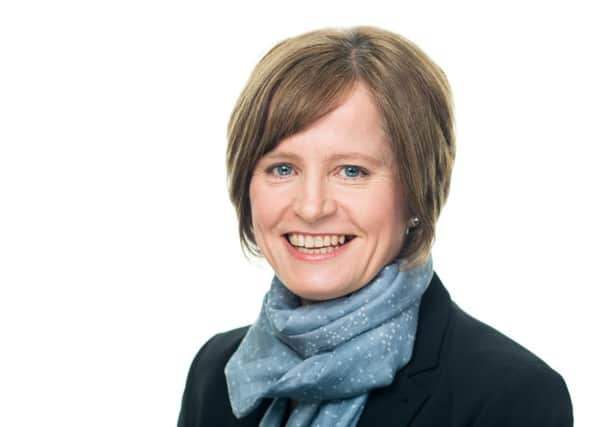This is why we ought to talk about dying...


Despite this, it’s the one thing that we all have in common. Each of us will die. It’s a universal, human experience, and whilst our deaths might not always go to plan, it’s important to talk about our wishes before it’s too late.
Generally it’s assumed people don’t like to face their mortality but one survey found that more than 77 per cent of people would want to know if they had less than a year to live.
Advertisement
Hide AdAdvertisement
Hide AdBut talking about death isn’t easy. The RCP’s Talking about Dying report highlighted the difficulties healthcare professionals face when having conversations around death and dying. And it’s interesting that patients and patient representatives have also highlighted the discomfort that some professionals clearly feel.
Some of them are even offering tips on Twitter to help doctors talk about death and dying. Of course it can be hard to find the right time, the right place and the right words.
It’s particularly hard, I think, for doctors to admit – to themselves as well as to their patients – that treatment is not working. It can feel like taking hope away and that you are ‘letting someone down’. But surely we have a duty to give people honest information.
We owe it to those we care for to tell them the truth about their diagnosis, what that means, and to answer any questions they have.
Advertisement
Hide AdAdvertisement
Hide AdNot doing this is letting them down even more. As part of being honest admitting that we don’t always have the answers is okay.
Sometimes we’re not able to tell people how long they have left and they understand that. Acknowledging and being certain about the uncertainty is sometimes all those we care for need from us.
With people increasingly living longer with more complex illnesses it’s vital that doctors and healthcare professionals don’t shy away from conversations around death. None of us ever like having to break bad news but by being courageous and doing so, we give the people we care for - and their families - choice.
Whilst we can’t change someone’s diagnosis or the fact that they’re dying, our honesty gives people the opportunity to plan the time they have left. Often if people know their time is limited it becomes infinitely more precious.
Advertisement
Hide AdAdvertisement
Hide AdEach conversation around death is different so you can never be fully prepared. Sometimes people are emotional, sometimes they have lots of questions, sometimes they’re angry but sometimes they’re relieved.
Whatever their reaction, it’s important to manage it head on. Sometimes people don’t want to know any other information, other times people will look you in the eye and ask, ‘How long have I got?’
It’s often a difficult question to answer so I try to find out why they’d like to know by asking, ‘Would you do something differently if you knew?’. We owe it to the people we care for to give them individual advice and to encourage them to make the most of the time they have left. We can reassure them when it’s needed, and in some cases we might suggest they do things, like take that longed for family holiday, sooner rather than later.
Sometimes people tell you they’re waiting to do something until they feel better. As their doctor, if you know this wait is futile, you owe it to them to tell them the truth.
But what happens if we don’t have truthful conversations?
Advertisement
Hide AdAdvertisement
Hide AdWe deny people the chance to make their end of life the best it can be and the chance to make memories.
We deny them chance to decline burdensome treatment, if they know it won’t make a difference.
We deny them the chance to say ‘I love you’ or ‘goodbye’ one final time; and we leave those close to them with regret and guilt that doesn’t always go away.
In our experience at St Catherine’s Hospice, open conversations about death and dying help everyone. And we’re committed to working with our local healthcare colleagues to make sure that more conversations like this happen and happen earlier.
Advertisement
Hide AdAdvertisement
Hide AdWe should be initiating conversations in the last year or so of someone’s life not just in their last weeks or days. And actually we’d encourage everyone to think about the end of their life and share their views even before they get old or unwell.
None of us know exactly what’s round the corner and, of course, we can’t predict what we would want in every circumstance, but most of us do know who - and what - really matters to us.
We should tell people about the things we know we would never want to happen and who we would trust to make decisions if we can’t make them for ourselves.
If we do this, we have a better chance of having our wishes respected and those who care for us will know they have done the right thing. It isn’t always easy but it is so important.
Advertisement
Hide AdAdvertisement
Hide AdEncouraging these conversations is all part of our ultimate ambition to reach everyone in our community and make sure that nobody in West Sussex and East Surrey has to face death and loss alone.
n If you, or your staff, would be interested in receiving training from St Catherine’s around supporting people facing end of life, please contact Sara Stevenson-Baker, External Clinical Educator at St Catherine’s on 01293 447333.